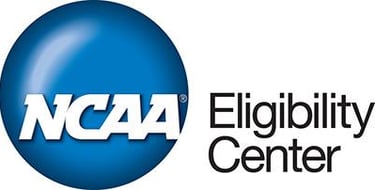

Re-Classifying and Early Recruiting Rules Explained
1/19/24 CGC Staff
Recent re-classifications of several athletes have triggered some confusion and general questioning about the commitment process timeline and the ability to graduate early. We shed some light on the situation to explain the process of re-classifying and how it can affect recruiting. First, the NCAA has certain class and GPA requirements that an athlete must meet to be eligible for participation in an NCAA sport. To be eligible for Division 1, an athlete must have at least a 2.3 GPA and complete 16 ‘core courses’, which can be viewed here on the NCAA website. Ten of these core courses must be completed by the end of a student’s junior year. To be honest, maintaining NCAA eligibility is relatively easy, and taking an accelerated schedule to graduate early is feasible. If a student is planning to adjust their graduation year and complete high school a year or a semester early, they must notify the NCAA of their plan and show that their progress in the core courses will be on schedule and meet the NCAA eligibility center requirements. The student can consult with a school counselor and the NCAA to plan the path to early graduation and ensure that they will qualify for graduation early. This can be done by taking summer courses, dual-credit college courses, or by taking on extra class instead of a study block in high school. Since a significant number of golfers are home-schooled or participate in online schooling, it can be simple for them to take extra classes in an accelerated timeline, as many have flexible scheduling. For recruiting purposes, an athlete can notify coaches of their intent to re-class, and coaches can speak with them if they have clearance from the NCAA.
Coaches are able to communicate directly on the phone and through email or social media with athletes about recruiting on June 15th after their sophomore year of high school. Before that time period, golfers can send as many emails as they’d like to a coach and fill out their questionnaire, knowing that the coach can’t communicate in return. One method of interacting with coaches before that June 15th date is through camps, either at the coach’s college or at sponsored camp through a company such as College Golf Experience. The NCAA allows communication and interaction between coaches and athletes at these camps, as long as the conversation does not involve recruiting. In recent years, more and more golfers and coaches have been using this method to get to know each other before the open communication period begins. Another way the coaches can find out more about their target recruits before they are permitted to talk to them is through the golfer’s personal or high school coach. Coaches are allowed to openly communicate through people who are involved with the athlete that are not family, unless a personal, pre-established relationship with family or the athlete exists.

